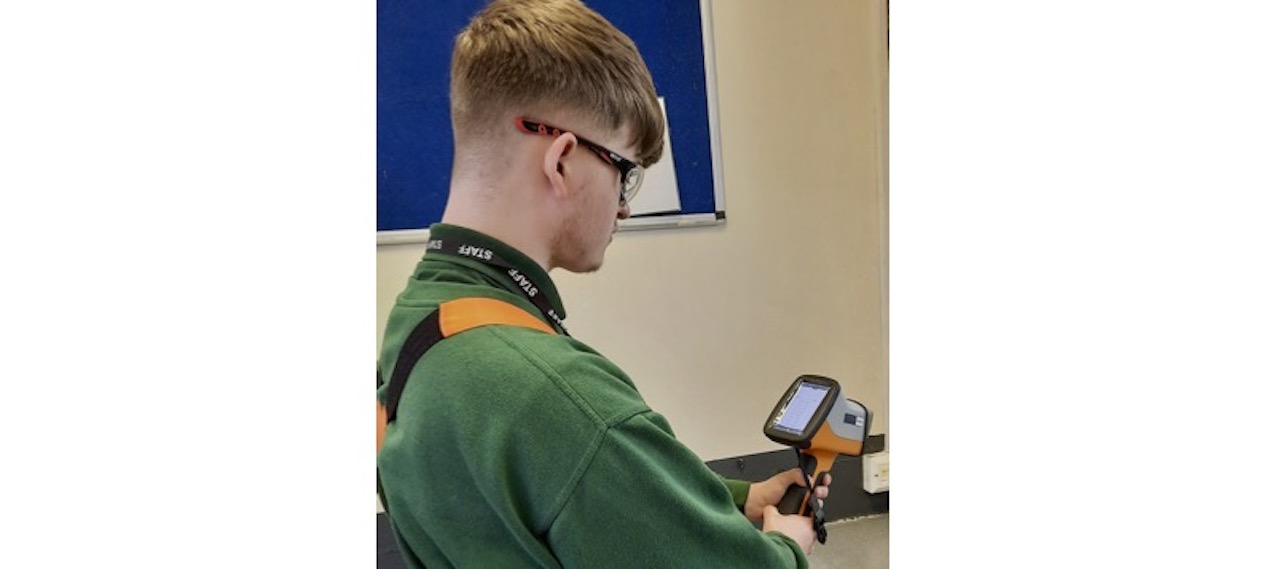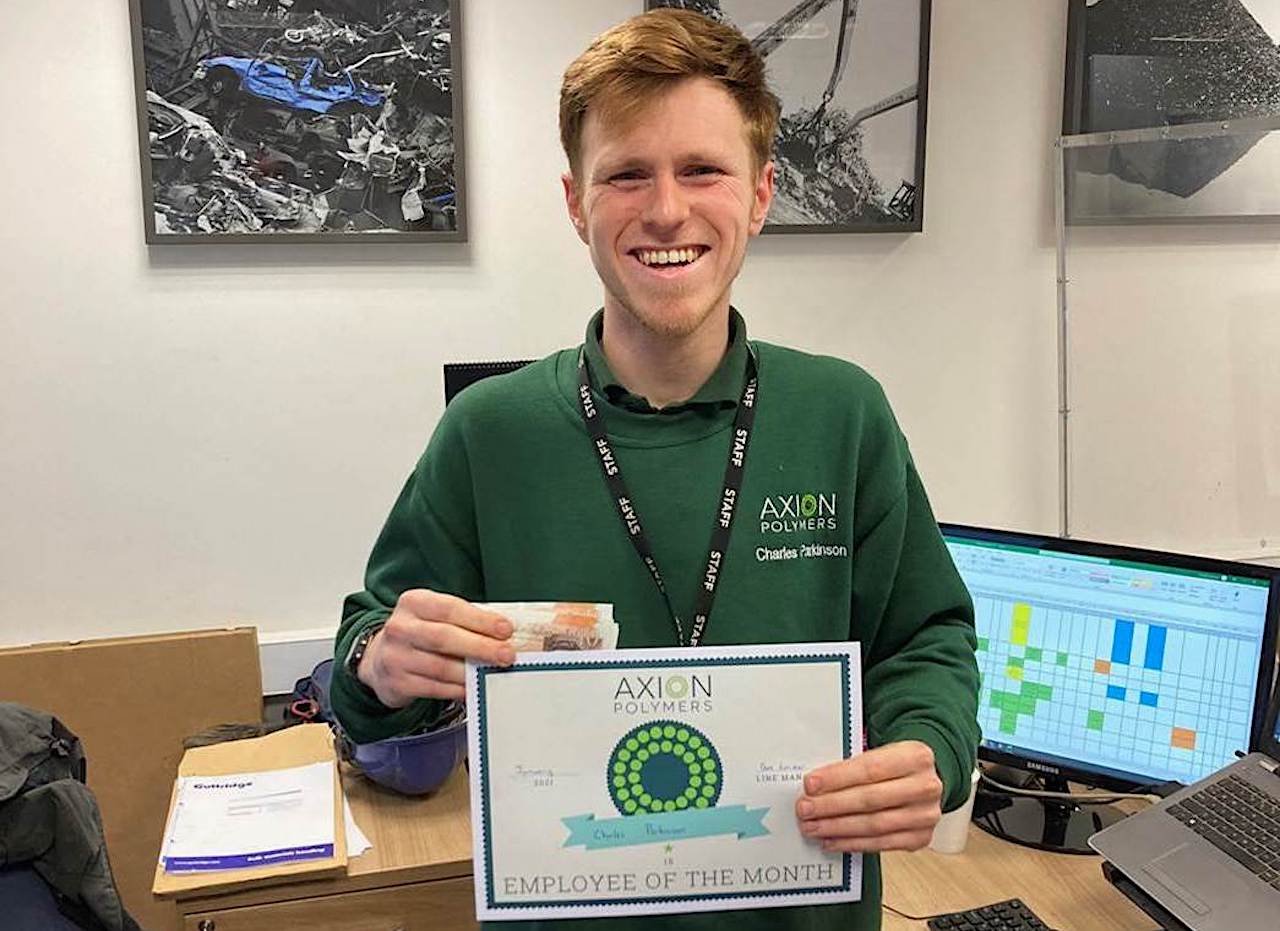Plastic continues to get labelled as a ‘bad’ material in the press, yet the material has been developed for good reason and it excels at the job it has been designed to do in so many different applications. Richard McKinlay, Axion’s Head of Consulting, argues the case for this versatile modern material that delivers many benefits in our 21st century lives and why the alternatives are not necessarily better.
In recent years, plastics have been singled out as the ‘pariah’ of manufacturing materials and to be avoided due to a variety of ‘sins’, from polluting our oceans to streets closer to home. Although there is clearly a global issue with plastic waste, it is often the management of the material and people’s behaviour that are causing the negative impact, not the material itself.
Adverse reactions to the use of plastic have led to brands and manufacturers switching to alternative materials, such as cardboard. As a result, there has been a rise in the use of cardboard as a ‘sustainable’ alternative to plastic, particularly for packaging. People believe its carbon footprint is low, but that is not necessarily the case.
Cardboard is not necessarily as sustainable as people might believe. While a recycling route exists for paper-based packaging, such as cardboard, it is important to recognise that paper and cardboard can only be recycled up to four to six times. This is because the wood fibres get shorter and are consequently weakened in each recycling process, eventually resulting in their use in ‘lower value’ packaging products, such as egg boxes and tissues.
Cardboard needs some preparation in the sorting and recycling process. This requires a great deal of water in the pulping stage, followed by energy-intensive rolling and drying processes to create new cardboard products.
Plastics can be recycled multiple times
Whereas some plastics, depending on their polymer type, are capable of being recycled multiple times. PVC is a great example here; as a rigid and durable polymer used in long-life construction products like window profiles, and it can be recycled up to seven times without any loss of performance. Recycled PVC can be reused in many diverse new products, such as windows, facias, flooring and electrical components.
Polyethylene and PET, commonly used in packaging products such as plastic bottles, are both examples of frequently recycled materials that can be reused to make new bottles and other packaging products.
Compared to cardboard, flexible plastics use a small amount of resource to do a similar job in packaging applications. Alternatives to plastic, such as aluminium or glass, are not always the more sustainable option. While aluminium cans, for example, have a good recycling rate, the carbon impact for both virgin and recycled aluminium can be significantly higher than for plastics. Although Life Cycle Analysis should be treated with caution, it shows that there is no clear-cut answer and simply switching from one format to another is not a solution to the issues of resource efficiency.
75% reduction in carbon emissions
Last year, a UK-based water bottle company announced that it was moving production of its bottles to 100% recycled PET, citing that it has the ‘lowest carbon footprint’ when compared with alternatives. The company claims that by switching over to 100% recycled PET plastic bottles from virgin plastic, it will reduce its carbon emissions by 75% when compared with using aluminium or cardboard.
As the company asserts, quite rightly, using recycled content is the best environmental option as using recycled PET bottles to make new ones is utilising a resource that is ‘already here’. Being a single polymer type ensures it can be readily recycled.
Crucially, this approach illustrates the importance of taking a ‘holistic’ approach to manufacturing; consider the material you are using, how it is being used in its lifetime and what happens when it is discarded. Optimisation of the process is key: use a raw material with a low carbon impact, which then gives the best performance during its lifetime and is capable of a low impact end of first life option.
In the current challenging times, attention has turned to Covid-19 personal protective equipment (PPE) and there is a level of concern about disposable ‘plastic’ face masks. Made from a mix of polypropylene (PP) with metal clips and elasticated bands, these masks cannot be recycled easily or cost-effectively. As they could be potentially infectious, they would need to be quarantined for 72 hours, so recycling may not be the best solution.
There are so-called ‘plastic-free’ alternatives, such as face shields, which are made from a bioplastic rather than a petrochemical-based plastic. However, these require specialised facilities if they are to biodegrade in a controlled way and not release harmful gasses, such as CO2 and methane, into the environment. The likelihood of these materials being taken to a suitable processing site is extremely low.
Protective face visors made from a fossil fuel plastic, such as PET, serve an important function. In theory, they could be recycled, but in practice it is highly unlikely. It is a case of weighing up the benefits the products bring in their lifetimes, the impact of the raw material used in manufacturing and how the product is disposed of.
Be responsible with plastics disposal
Ultimately, at the end of a useful lifetime serving a worthwhile purpose, all plastics should be disposed of in a controlled and responsible way. Concern over the littering of disposable face masks has put plastics in a ‘bad light’. That is not the material’s fault per se; it is people’s behaviour and through a responsible approach to disposing of plastic we can continue using a useful, versatile and life-saving material that has brought so many benefits in modern times. All in all, there is nothing wrong with using plastic responsibly.








